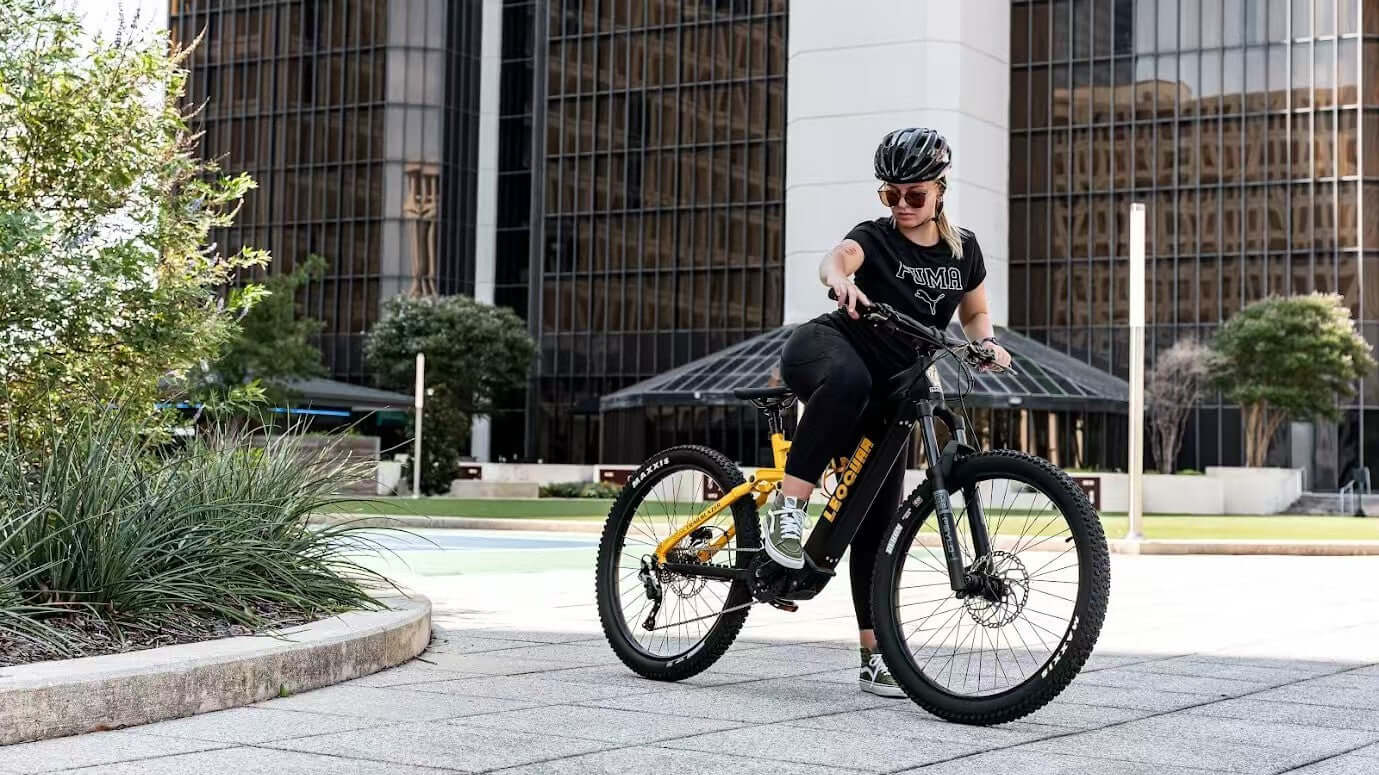
Why You Should Switch to Hydraulic Brakes for Your Electric Bike?
Electric bikes are getting more popular these days. Their heavier weight and faster speeds mean you need better brakes than regular bikes do. Hydraulic brakes give riders much better control and stopping power than old-fashioned cable brakes. We've spent years testing different braking systems and can tell you that switching to hydraulic brakes makes a huge difference in both safety and comfort.
Why Regular Brakes Don't Work Well on E-Bikes
Basic cable brakes have trouble handling e-bikes. The cables can stretch out over time, making it harder to stop quickly when you need to. This becomes an even bigger problem on heavier e-bikes or when riding downhill at high speeds. Hydraulic brakes use fluid pressure instead of cables, which means they work the same way every time you squeeze them.
Main Benefits of Hydraulic Brakes
• You don't need to squeeze as hard to stop
• The brakes feel smooth and easy to control
• They work better in rain and mud
• Less maintenance needed over time
Who Should Read This Guide
This guide helps two types of riders make smart choices about their brakes. If you already own an e-bike and want better braking, this is for you. You'll also find helpful info here if you're shopping for a new e-bike and trying to pick between different brake types. Our goal is to help you understand why hydraulic brakes could make your rides safer and more fun.
Demystifying Brake Technology: Hydraulic vs. Mechanical Disc Brakes Explained
How Mechanical Disc Brakes Work
Mechanical disc brakes use a simple cable setup. These brakes transfer force from the lever to the brake pads through a wire cable that runs along your bike. When riders pull the brake lever, the cable moves to push the pads against the rotor, creating friction that slows the bike. Regular adjustments are needed because cables can stretch with use. This type of brake system might feel different depending on weather conditions.
How Hydraulic Brakes Work: Enhanced Stopping Power
Hydraulic brakes work using fluid instead of cables. The system sends brake fluid through tubes when you pull the lever, pushing the brake pads against the rotor with strong, even force. For more detailed mechanics and history, you can learn more about the history and detailed mechanics of hydraulic brakes. These brakes give riders better control with less hand effort. The sealed system keeps dirt and water out, making them work well in any weather.
Key Differences at a Glance
| Feature | Mechanical Disc Brakes | Hydraulic Brakes |
| How They Work | Uses cables | Uses brake fluid |
| Power | Less stopping power | More stopping power |
| Feel | Can be stiff or uneven | Smooth and consistent |
| Weather Use | May work less well when wet | Works well in all weather |
| Upkeep | Needs frequent adjusting | Needs less frequent maintenance |
Hydraulic brakes help riders feel more confident on their bikes. They work better than mechanical brakes in most situations, which is especially important for electric bikes. The smooth, strong braking power makes riding safer and more fun. These brakes need less finger strength to work, which means your hands won't get tired on long rides.
The Unmatched Advantages: Why Electric Bike Hydraulic Brakes Elevate Your Ride
Benefit 1: Enhanced Stopping Power and Modulation
Electric bikes with hydraulic brakes can stop much faster and safer than those with regular brakes. The system works by pushing fluid through tubes instead of pulling cables, which makes a big difference in how well you can control your bike. These brakes respond quickly when you need them, especially on steep hills or in busy traffic where quick stops matter most.
Riders often say they feel more in control after switching to hydraulic brakes. The braking happens smoothly without any sudden jerks, so you can adjust your speed precisely. When riding fast or making sudden stops, this control helps you stay safe.
Benefit 2: Better Performance in All Weather
Hydraulic brakes work great no matter if it's raining or sunny. The brakes keep working the same way for thousands of miles, unlike regular brakes that can wear out quickly. This makes them perfect for riding in bad weather when other brakes might not work as well.
We've seen that these brakes handle long downhill rides without losing power. The sealed design keeps dirt and water out, so you can count on them day after day. This reliability makes hydraulic brakes worth the cost for anyone who rides regularly.
Benefit 3: Reduced Hand Fatigue and Effort
Your hands won't get tired when using hydraulic brakes because they need less squeezing. The brake fluid does most of the work, so you don't have to grip hard to slow down or stop. This makes a big difference on long rides where your hands might normally get sore.
Riders with less hand strength love these brakes. The easy-to-pull levers mean you can ride longer without getting tired. Your rides become more fun when you don't have to fight with stiff brake levers.
Benefit 4: Easy Maintenance
Hydraulic brakes take care of themselves better than regular brakes do. The brake pads adjust on their own as they wear down, which means less work for you. Regular brakes need constant adjusting to work right.
These brakes only need occasional fluid changes. Most riders spend more time enjoying their bikes and less time fixing them. Many people say this is one of the best things about switching to hydraulic brakes.
The switch to hydraulic brakes makes riding your electric bike safer and more enjoyable. From better stopping power to less maintenance, these brakes improve every aspect of your ride. They're especially helpful when riding in bad weather or on challenging roads.
Whether you ride to work or for fun, hydraulic brakes make your electric bike better. The improved safety, easier use, and reliable performance make them worth getting. Your rides will be more comfortable and safer, which makes the upgrade a smart choice for any electric bike owner.
Reality Check: Addressing Maintenance, Cost, and Potential Challenges
Electric bikes with Hydraulic Brakes give you better performance. Many riders worry that these brakes need lots of work to maintain, but that's not true. The truth is that hydraulic systems need less adjusting than regular mechanical brakes do. With hydraulic brakes, you only need to bleed them once in a while and change the brake pads occasionally.
You should check out how to understand the hydraulic brake bleeding process. Once you set up your brakes right and use good brake fluid, they'll work great for hundreds of riding hours. Regular brakes have more problems with their cables getting stretched out and worn down over time.
Cost and Long-Term Benefits
Hydraulic Brakes cost more at first. The whole system needs special tools and parts that can add up. But these brakes last longer and work better, which saves money over time.
You'll spend more money upfront for hydraulic brakes, but they need fewer fixes. You might need help from a bike shop sometimes, but not as often as with regular brakes. Most riders find that the better stopping power and safety make the extra cost worth it.
The hardest part is often putting them on your bike. Your bike frame needs to fit the new brakes, and all the sensors have to work together. Some people can install them at home, but others might need help from a bike shop.
Watch out for a few common problems with Hydraulic Brakes. Sometimes they can leak fluid, but this rarely happens if you take care of them. Keep them clean and check them regularly. In really hot or cold weather, or when riding in mud, make sure everything still works right.
Here's what to watch for:
-
Look at your brake fluid levels often
-
Check for any leaks
-
Make sure everything stays tight after fixing
-
Get help from a pro if you're not sure about bleeding the brakes
Switching to Hydraulic Brakes makes your electric bike safer and more fun to ride. While they cost more at first, they work better and need less fixing over time.

Making the Leap: Choosing and Integrating Electric Bike Hydraulic Brakes
Switching to Electric Bike Hydraulic Brakes can make your rides much better and safer. This important change needs careful thinking about what kind of riding you do and what your bike needs.
Why Choose Hydraulic Brakes for Your E-Bike
Your riding style matters a lot when picking brake systems. For city riders, trail enthusiasts, or people carrying heavy loads, good brakes are super important.
Consider where you mostly ride-city streets, steep hills, or rough trails. Hydraulic Brakes work great in all conditions, especially when it's wet or when you're going fast.
The number of pistons in your brake system is something to think about carefully. Most bikes work fine with 2-piston brakes, but 4-piston brakes give you more stopping power.
Make sure the brakes you choose work with your e-bike's motor cut-off sensor. This short detail is really important for keeping you safe.
Getting the Right Braking Power
Your e-bike needs brakes that match its power and how you use it. The size of your brake rotors makes a big difference - bigger ones help stop heavier bikes better.
Think about whether you want to install the brakes yourself or get help. If you're not sure about working with brake fluid, it's better to let a pro do it.
Hydraulic brakes don't need as much upkeep as regular brakes, but you still need to check them now and then. A simple checklist can help you keep track of what needs doing.
Our parts are made to work great with your e-bike:
• Hydraulic Brake Accessories – These parts will make your bike stop better and feel more controlled.
• Lightweight Front Fork for Flippo Folding E-Bikes – A good front fork helps your bike handle better and works great with new brakes.
Hydraulic Brakes make riding easier on your hands and help you stop better in all kinds of weather. When you pick the right brakes and install them properly, you'll feel more confident on every ride.
Is Switching to Hydraulic Brakes the Right Move for Your E-Bike?
Hydraulic brakes make e-bikes much safer to ride. These special brakes give you amazing control over how fast or slow you want to stop, which is super important when you're riding an electric bike. You won't have to squeeze the brake levers as hard, and your hands will feel much better even after long rides.
Why Make the Switch?
The benefits of Hydraulic Brakes are pretty clear. Your bike will stop faster and more smoothly than ever before, making your rides a lot safer. These brakes work great in all kinds of weather and on different types of roads or trails, giving you peace of mind whenever you ride. The Enhanced Stopping Power and Modulation means you can control your speed with just a light touch.
Making Your Decision
Think about where and how you ride your e-bike. Long rides through hilly areas might make Hydraulic Brakes worth the investment. You'll experience much less hand tiredness thanks to the Reduced Hand Fatigue and Effort these brakes provide. The choice really depends on what kind of rider you are and how much you want to spend.
Final Thoughts
Upgrading to Hydraulic Brakes can make every ride more enjoyable. Your safety and comfort will improve the moment you make the switch. Whether you're commuting to work or hitting the trails, these brakes will give you the confidence to tackle any ride. Electric Bike Hydraulic Brakes are truly a game-changer for anyone who wants better control and smoother stops.
FAQs
1. How much does it cost to upgrade to hydraulic brakes on an e-bike?
The cost typically ranges from $200-500, including parts and professional installation.
2. Do hydraulic brakes require more maintenance than mechanical brakes?
No, they actually require less maintenance, needing only occasional fluid changes and pad replacements.
3. Can I install hydraulic brakes on my e-bike myself?
While possible, it's recommended to have a professional install them due to the complexity of brake fluid systems.
4. How long do hydraulic brakes last on an e-bike?
With proper maintenance, hydraulic brakes can last 3-5 years before needing major service.
5. Do hydraulic brakes work better than mechanical brakes in wet conditions?
Yes, hydraulic brakes maintain consistent performance in wet conditions due to their sealed system.



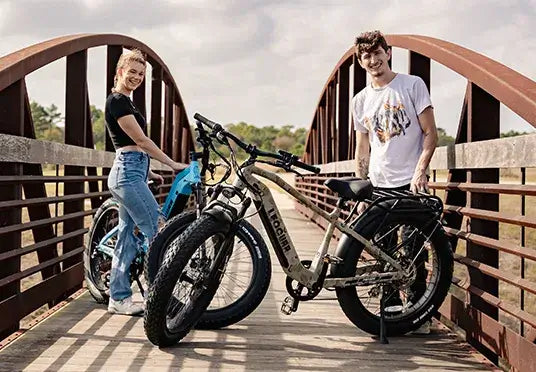
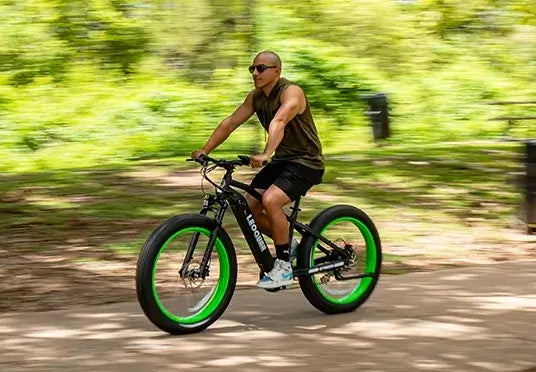
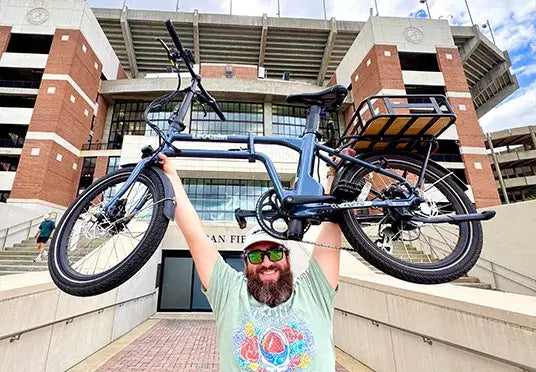

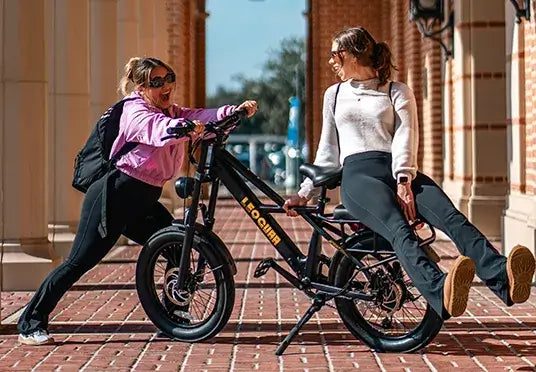
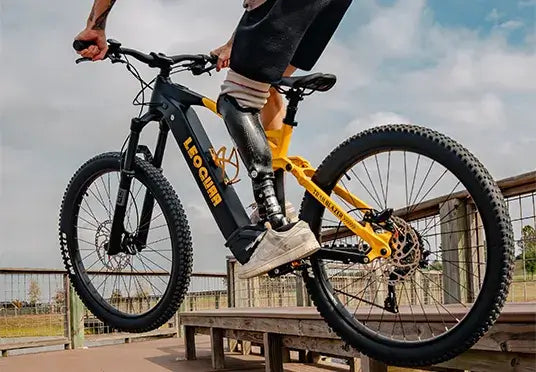
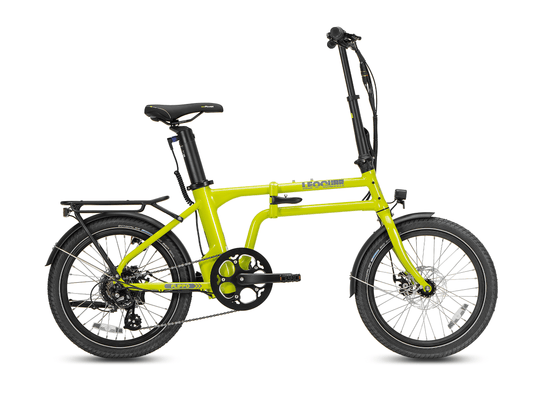
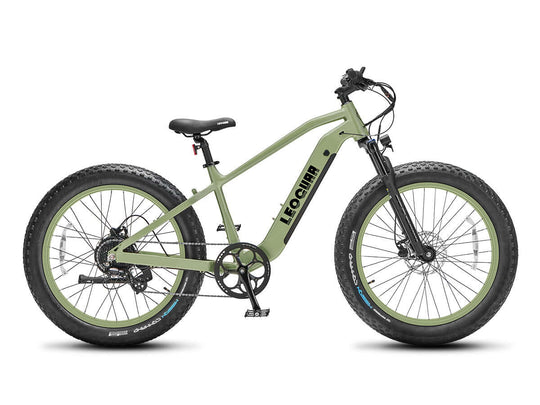
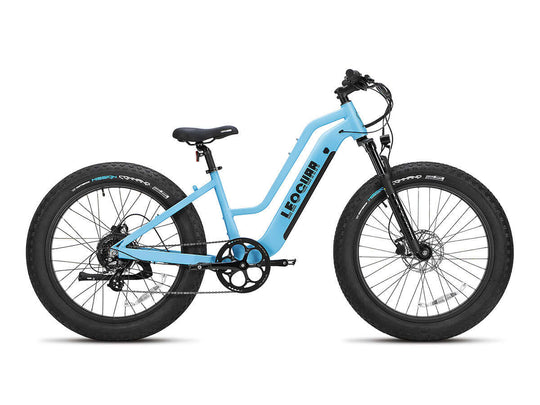
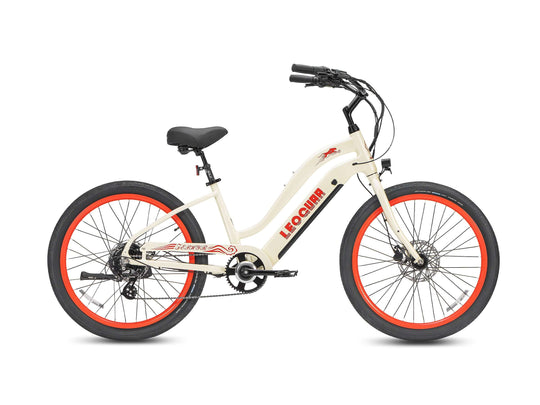
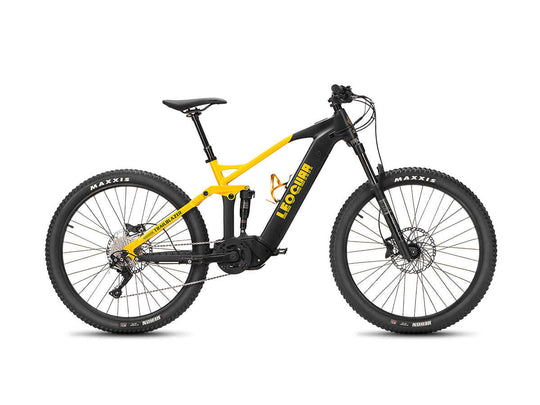
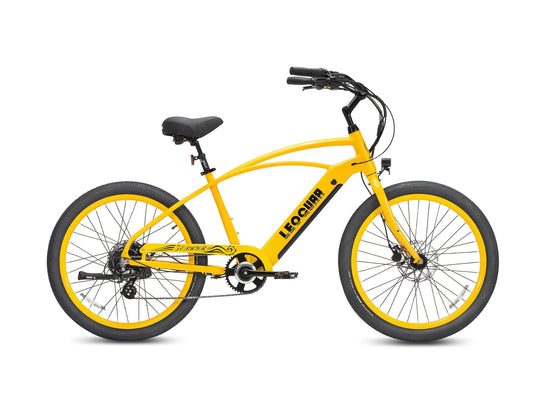
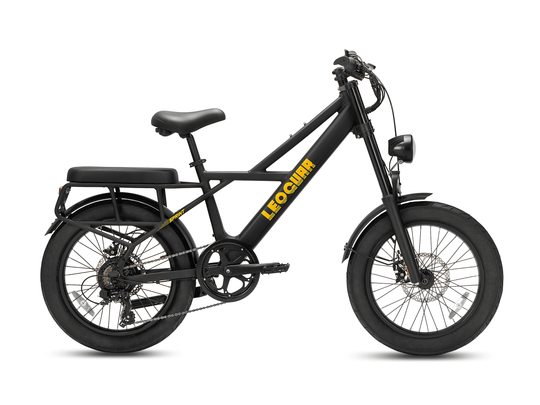
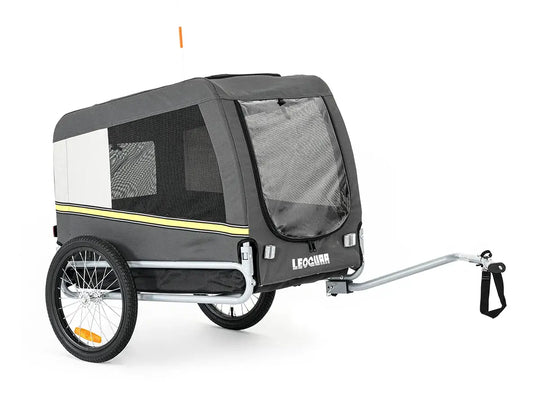
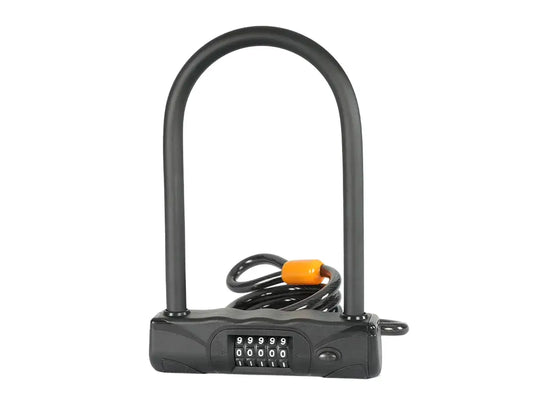
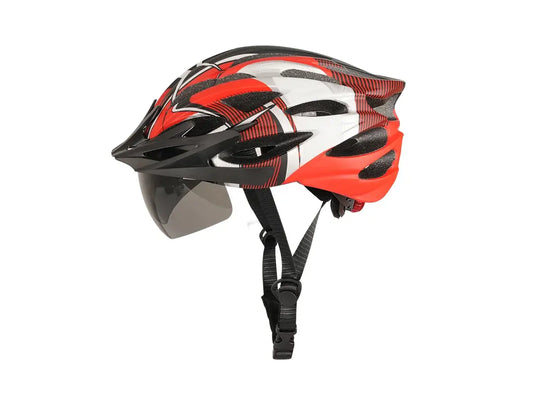
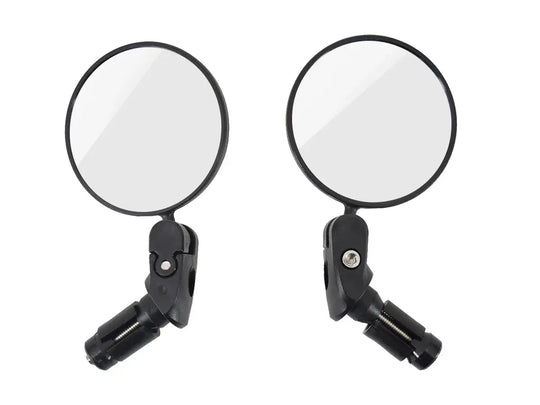
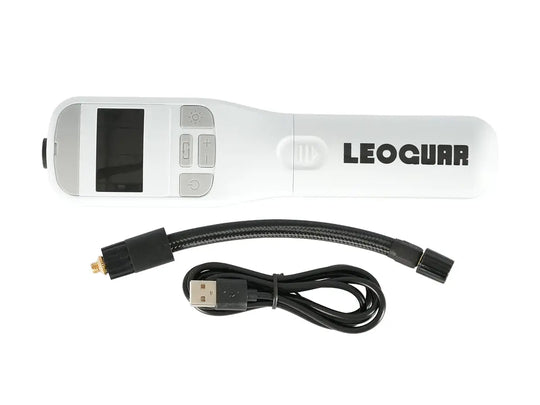
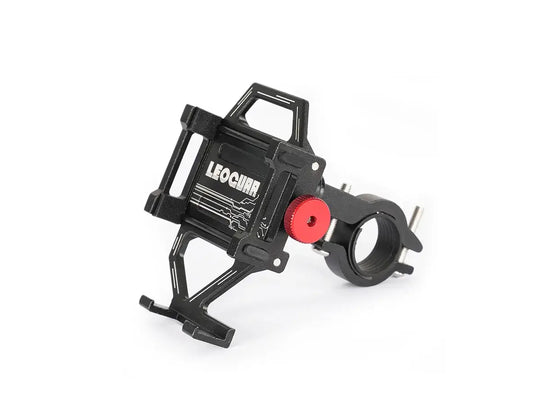
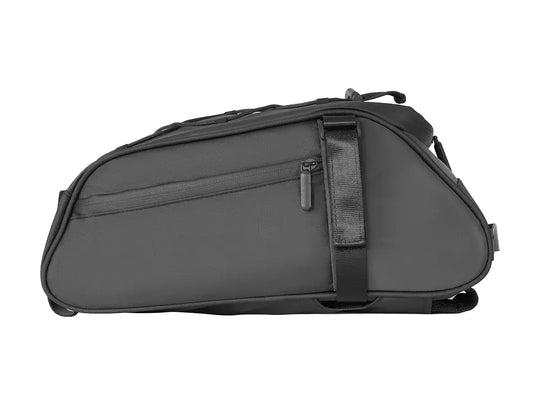
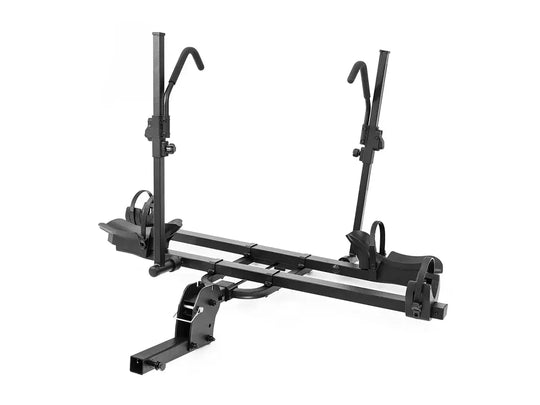
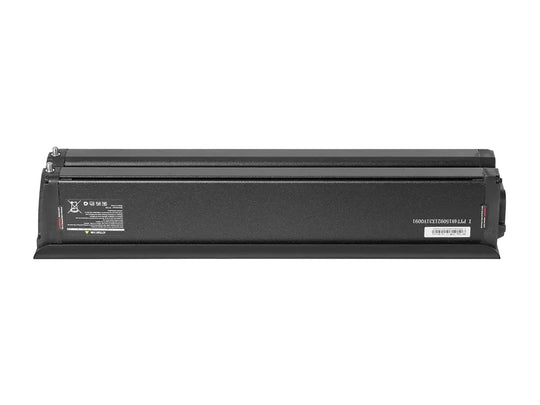
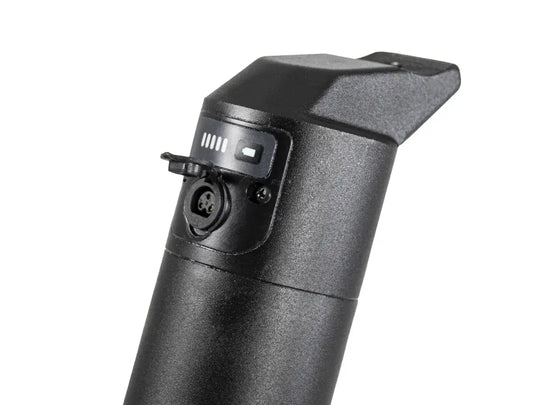
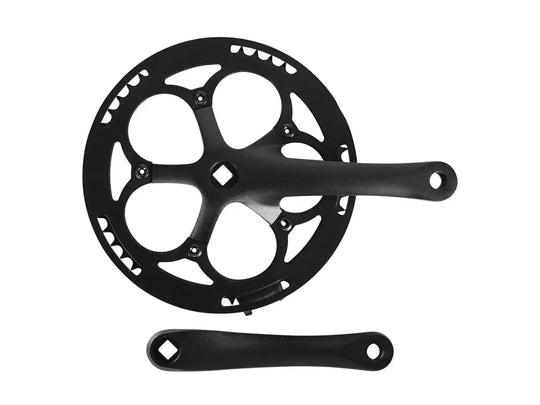
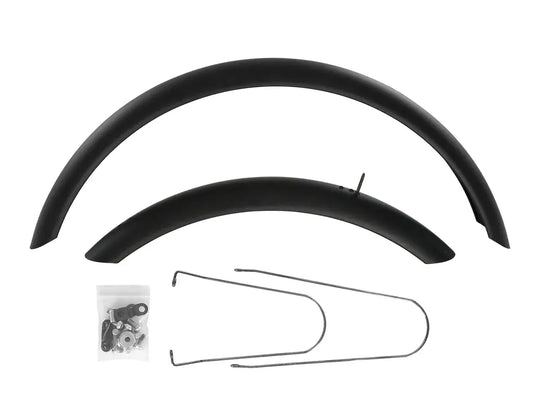
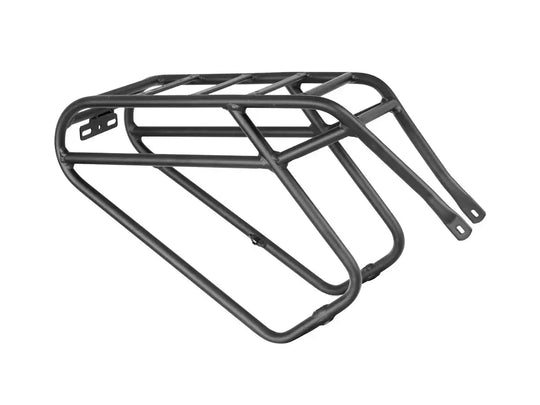
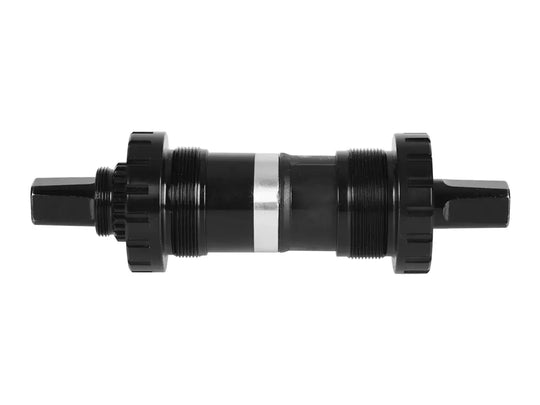
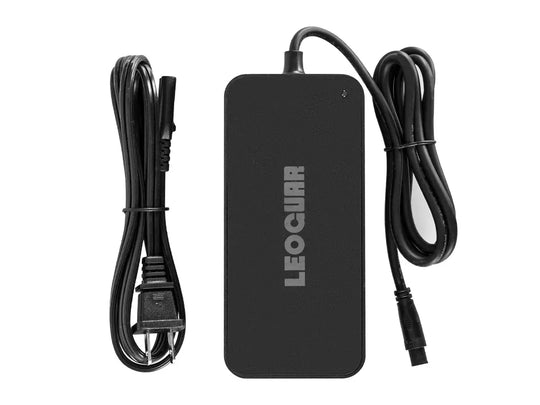
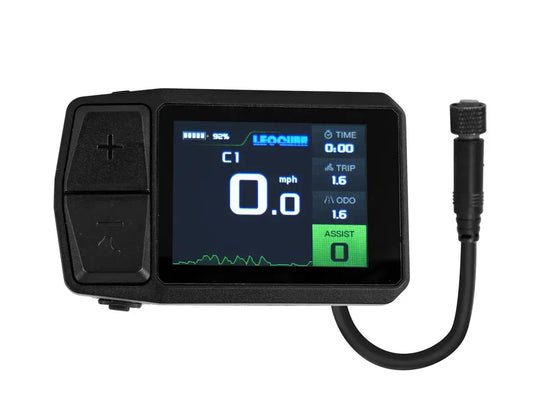
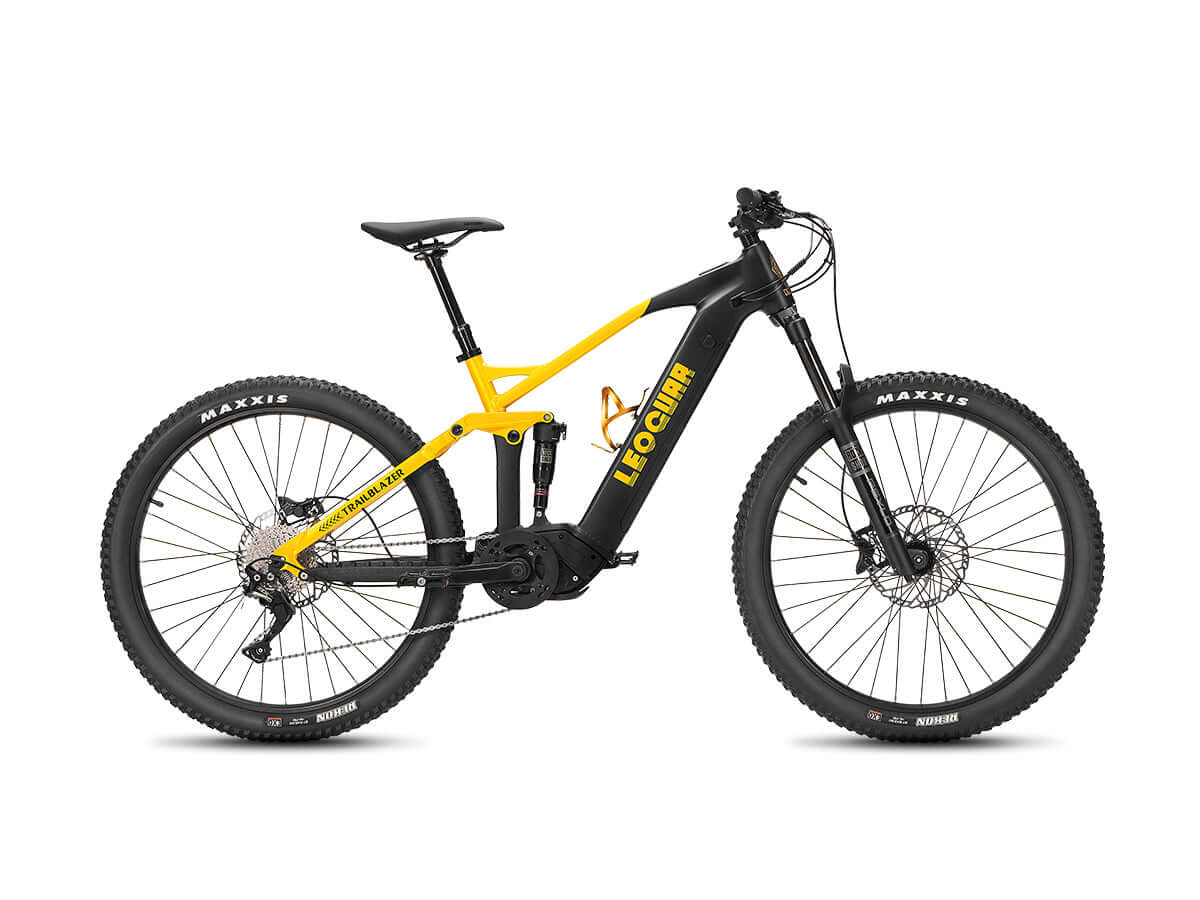







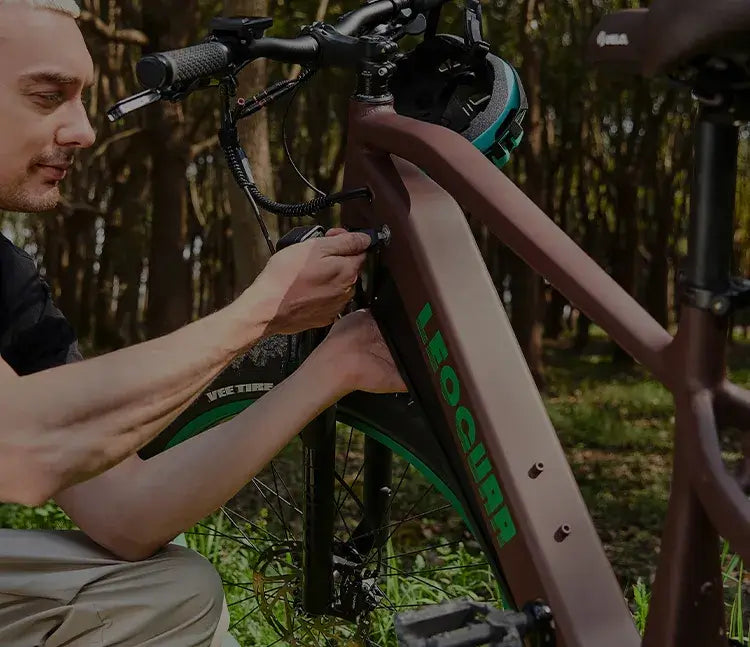
Leave a comment